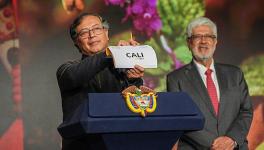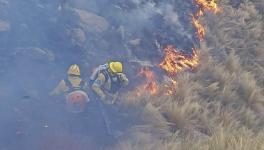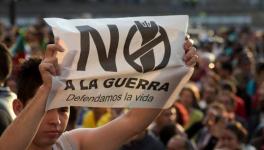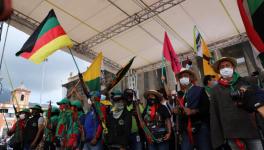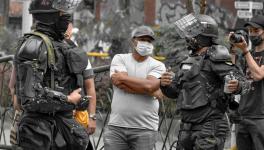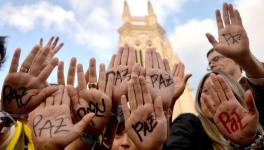Devastating Crude Oil Spill in One of Colombia’s Principal Rivers
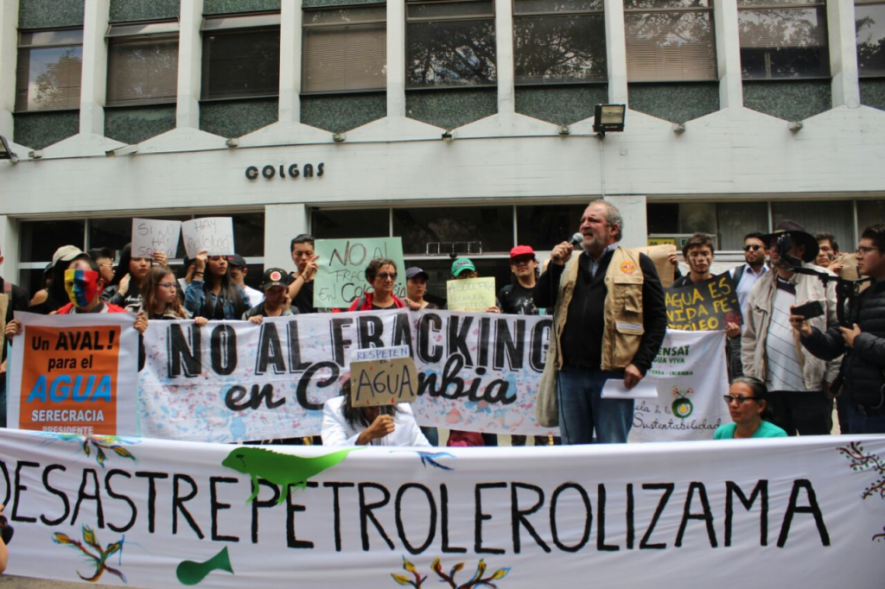
On March 2, the oil well Lizama 158 in the Lizama stream in the rural area of Barrancabermeja, Colombia ruptured. 16 days later the oil spill continues to wreak havoc on the environment and the communities. The spill of at least 550 barrels of crude oil contaminated three streams and the Sogamoso River, a tributary to Colombia’s largest river the Magdalena. It has already killed an incalculable number of fish and native animals, contaminated and destroyed several principal water sources and already caused sickness in neighboring communities.
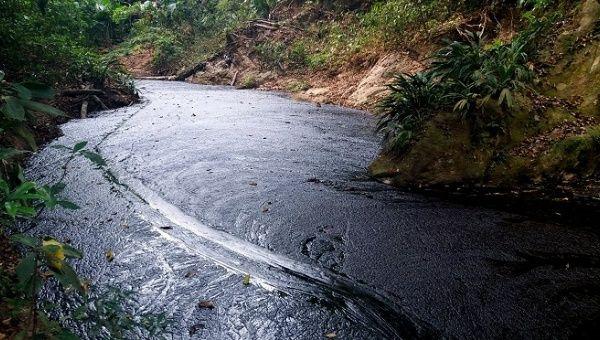
"I have almost nothing to eat. The entire life we had from the (Magdalena) river is now contaminated," Elkin Cala tells local media.
Ecopetrol, the Colombian oil company that manages the wells, has stated that “the spill has been controlled” and has confirmed that it is undertaking clean-up and containment process. However, 16 days later and the company has not made any significant advances in its clean-up efforts and other government authorities have remained silent over the tragedy, mainstream media only recently been covering the tragedy after pressure from the social and environmental movements and organizations.
It was also uncovered that Ecopetrol was aware of the technical problems at the Lizama 158 well and as well as 5 others in the Lizama field that were not constructed and sealed according to regulations.
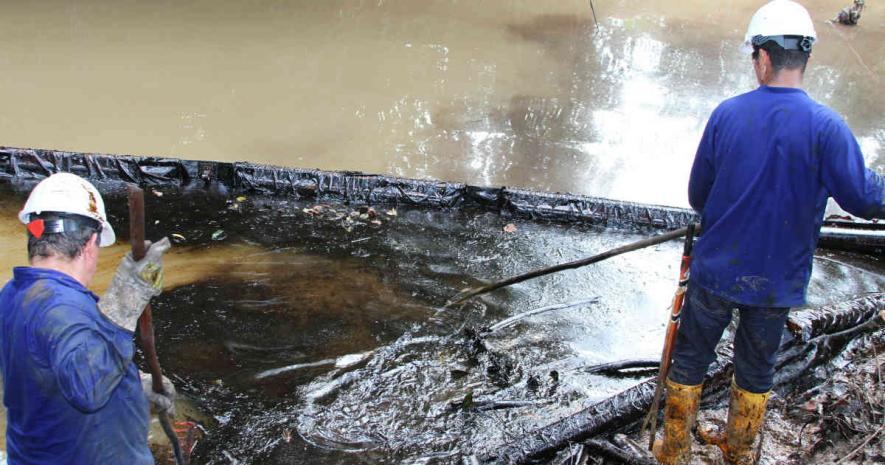
The Agrarian, Peasant, Ethnic and Peoples Summit, a platform of dozens of peoples’ movements and organizations in Colombia with a rural, territorial or agrarian focus stated in a declaration: “For years the communities affected by mining and energy projects have expressed their worry over the risks and impacts that these projects can generate for the environment and the local communities, which was always responded to with silence from the companies and repression by the Public Force; some leaders have been assassinated, and some have been threatened for speaking out about the environmental and social injustices,”
They also denounced that the negligence of Ecopetrol and state authorities: “The national disaster caused by rupture of the oil well Lizama 158 in the Colombian Magdalena Medio is evidence of the need to listen to the demands and worries of the communities. The negligence with which Ecopetrol and its subcontractors have acted, despite having evidence beforehand and knowledge of the technical faults of the well, they opted to wait for the social and environmental disaster to happen which condemns affected communities to decades of hunger, poverty and sickness. This situation tends to get worse after 20 days of continuous spills into the local water sources and emission of volatile chemicals and no action that detains the disaster, which puts into doubt the efficiency of the actions of the National Hydrocarbon Agency and the National Authority of Environmental Licenses.”
Mobilization
Since the spill began, local organizations, communities, social movements, trade unions and environmental organizations have been protesting and demanding that the government bodies take more concrete steps to contain the impacts of this disaster.
They have also demanded that Ecopetrol, the National Authority of Environmental Licenses and all other implicated government bodies suspend all Fracking activities, a practice which was only recently implemented in different parts of Colombia and they believe exacerbated the spill.
The oil spill has further exacerbated the suffering of the people who live near the Sogamoso River. The construction of mega-dam Hidrosogamoso in 2014, which is just downstream of the oil spill, had and continues to have innumerable social and economic effects on the surrounding populations as many were displaced, and lost their economic activities of fishing and farming. It also had severe impacts on the biodiversity and flora and fauna in the area. One of the community leaders who was active in the resistance to Hidrosogamoso, Miguel Angel Pabón Pabón was disappeared in 2012.
Organizations are also aware that these disasters are not natural and are directly related to the economic model: “The current economic system does not only exploit the resources in an excessive way, but it also causes displacement of the communities where the extractive mega-projects arrive, a loss of biodiversity, deterioration of ecosystems, deforestation, worsening of the harmful effects of climate change and violence. As such, it is one of the underlying causes of the current armed conflict.”
Get the latest reports & analysis with people's perspective on Protests, movements & deep analytical videos, discussions of the current affairs in your Telegram app. Subscribe to NewsClick's Telegram channel & get Real-Time updates on stories, as they get published on our website.










